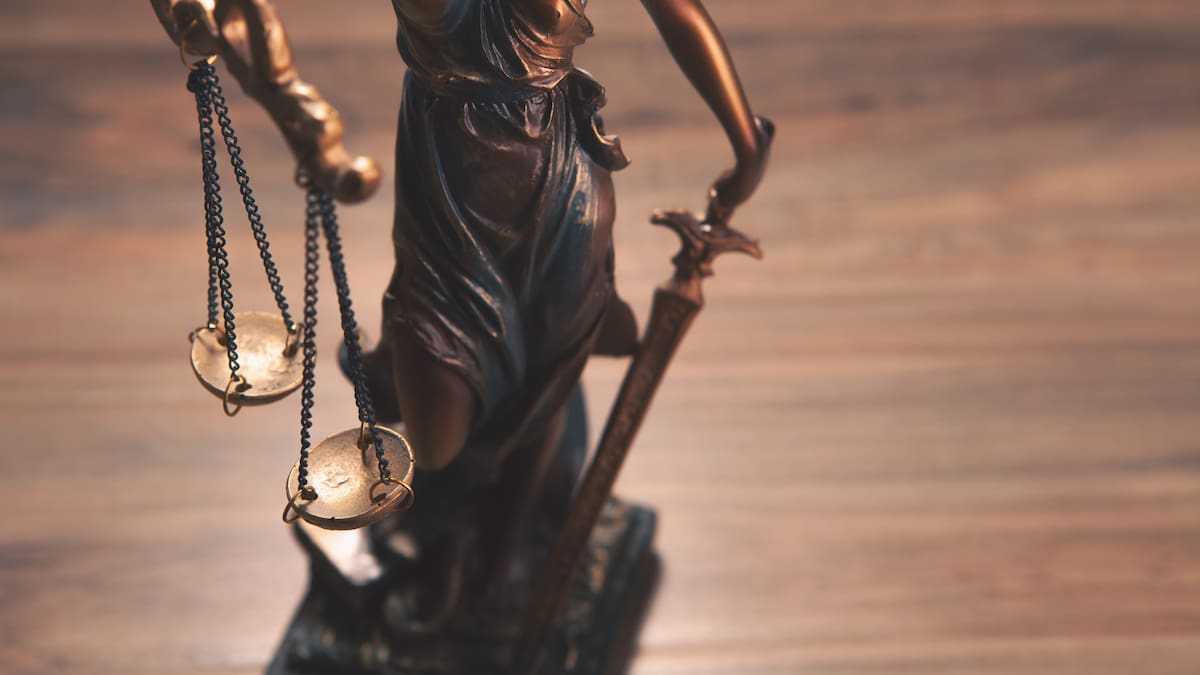“We just don’t have that data yet. At least, I’m not aware of it.
“It’s such a recent technology, so things are moving quite quickly. We will probably know more in sort of the next three to five years.”
What roles could AI take?
Yuvaraj said junior lawyers in large firms may be more at risk of AI integration because they were often tasked with jobs that take a lot of time.
“That kind of laborious, time-consuming work is what the argument is that AI can help automate, it can also help automate legal research and drafting letters of advice and other documents.
“A lot of the tasks that you would get a junior lawyer to do a first pass on … can be automated in the first instance by AI, then to be reviewed by a more senior lawyer.”
The University of Auckland. Photo / NZME
Auckland New Lawyers committee member Patience Ngara told the Herald she uses AI as a faster alternative for certain tasks that make up more than 50% her work.
Ngara said she has concerns about the impact AI will have on junior staff members, such as law clerks and office assistants.
“It’s already pretty difficult for graduate lawyers to find positions in New Zealand. I find it difficult to see where they would be able to assist if they’re coming in and the usual tasks they would be doing are now easily done by AI,” she said.
Employed barrister Jordan Neville told the Herald he thought AI was an efficiency tool and would not be a substitute for a person.
“It’s fundamentally not going to undermine exactly what we do as a lawyer because, you know, building rapport with a client and building those human relationships, that’s something that AI can’t replicate,” Neville said.
Are lawyers well-equipped to handle the risks?
Lawyers are very aware of the risk AI poses and strict guidelines are in place, Yuvaraj said.
“The Law Society has set up guidelines as to the use of AI, principally the use of chatbots that can hallucinate incorrect material.
“The courts have said if you use generative AI, you need to make sure that content is accurate. You need to verify everything.”
A lot of uncertainty remains around AI’s ability to take emerging lawyers’ jobs. Photo / NZME
Globally, lawyers have been reprimanded by courts for submitting hallucinated AI-generated material.
“We haven’t yet had a case in New Zealand where the court has reprimanded a lawyer for misusing AI in submissions. There’ve only been a couple of cases where self-represented litigants have used generative AI in court cases,” Yuvaraj said.
Recently, a California attorney was ordered to pay a historic US$10,000 ($17,000) fine after 21 of 23 quotes from cases cited in the attorney’s opening brief were AI-generated, AP reported.
Concerns
Ngara said she has become aware of how reliant some professionals and students have become on the technology in recent years.
“You’d be surprised at how many people use it [AI] and don’t verify the information they’re getting or even cross-check it in any way.”
Ngara said she has concerns over how dependent new graduates are on these AI tools.
“The recent graduates seem to be a bit heavier, more reliant on AI. At least from the ones that I’ve spoken to … I do hope that people still know to have an understanding of the law on their own before they use AI because it still does get so many things wrong,” she said.
The future of entry-level roles in law firms is under scrutiny in the age of rapid artificial intelligence advancements. Photo / 123rf
In a situation in her previous office, staff were looking into a section of an act and used AI to help them.
“We knew it was wrong because we knew the law. Now, someone who didn’t know the law would have just said ‘great, I’ve got my answer’,” Ngara said.
“It did sound correct because it uses the sections of the act and backs it up with case law.”
Yuvaraj said a cautionary tale can also be found in the world of cryptocurrency when compared to the rapid developments in AI.
“We could look back and say we really needed to get on that train and we didn’t … But equally, a cautionary tale can be found from the world of cryptocurrency and non-fungible tokens, which were all the rage a few years ago and sort of now have lapsed into the background,” he said.
“I just think it’s a cautionary tale to not assume that technological development will occur in a linear fashion.”
Yuvaraj said people should be cautious about making any sweeping statements about where they think things will go.

